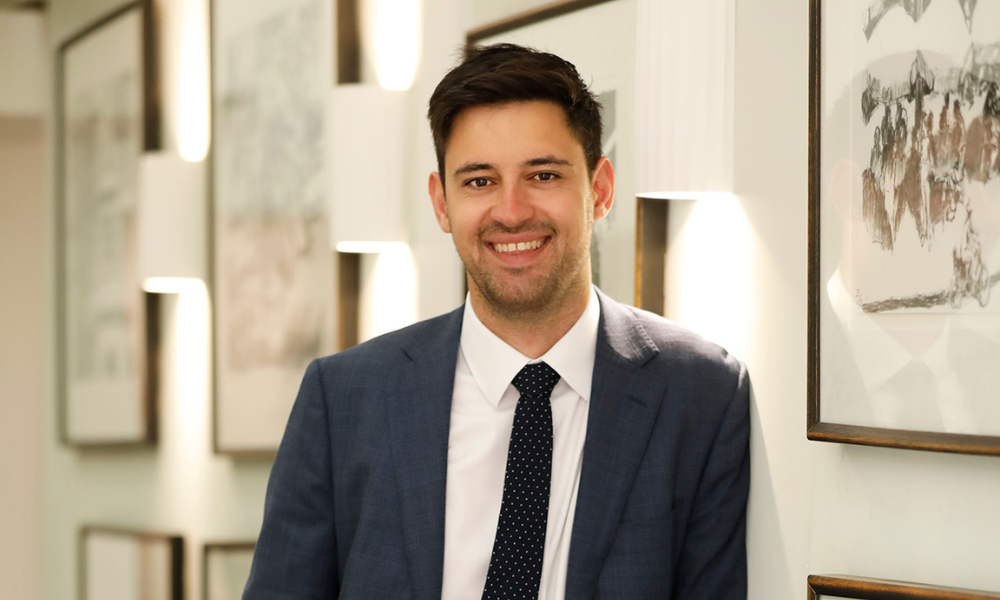
Nick Malone also talks how a case involving The Matrix's Agent Smith would highlight AI-related issues we face today

As a kid, Nick Malone enjoyed being the one to set rules on games and then observing how people acted within those bounds. Today, as a litigator, he’s the one playing within the rules to secure positive outcomes for his clients.
Malone has risen to the challenge, and highlights teamwork as his favourite part of working in law. The young lawyer was recently named Pragma Lawyers’ youngest director, and he credits his career trajectory to the support he received from the people around him – something he intends to pay forward to the firm’s junior lawyers.
In this interview, Malone talks the challenge of implementing change without disrupting culture, and why a legal case involving The Matrix’s Agent Smith would highlight many societal issues involving AI development.
Growing up, I liked playing games and setting the rules of the game, and then seeing how people played within the rules set. As I got older, I became quite a loud kid. Working in litigation allows me to play within certain rules and advocate on behalf of clients.
My favourite part of the job is working in a team to deliver excellent results for clients. Clients don’t ever really want to be involved in disputes but being able to assist them in resolving their disputes is a great part of the job too.
The firm is continuously growing. The constant challenge is therefore on the one hand being able to bring new employees into the team without that change disrupting the culture, but on the other, providing a space for new employees to be themselves and find their voice in the wider team.
We have numerous programs that assist with this but the one we are most proud of is our wellness program, which is, in our view, best practice.
It means a lot. I have been extremely lucky in my career to be surrounded by so many people who have supported, and who continue to support and trust me. Being appointed so young is really a reflection of the significant assistance I have received from those people. The achievement really means to me that with great mentors and friends guiding you through, anything is possible. And this is something I now want to develop with the juniors at our firm.
The profession is, at its core, merely a collective of people. If firms don’t focus on their people first and foremost, they aren’t going to be able to attract and retain the best talent and provide them with an environment they want to walk into each day they attend work. While the legal profession is certainly changing its ways in this regard there appears, generally speaking, to be some way to go.
The greatest challenge is to meet the expectations you set for yourself and your team. We want to continue to grow as a firm but not at the expense of lowering our service delivery. Balancing these two aspects of the business, in a competitive market is likely to be the greatest, but also a constant, challenge.
This year looms as a big year for the insolvency space (after a few false starts following the COVID pandemic). This is an area the firm has a particular focus on and continuing to grow our work in this area, acting for insolvency practitioners and large companies the subject of claims, is particularly exciting.
Agent Smith from The Matrix trilogy. A case where Agent Smith was on trial would put before the court many of the issues society is currently facing in terms of the extent we allow AI to develop, who is ultimately responsible for the results (or actions) of the programs created and far does legal liability extend.